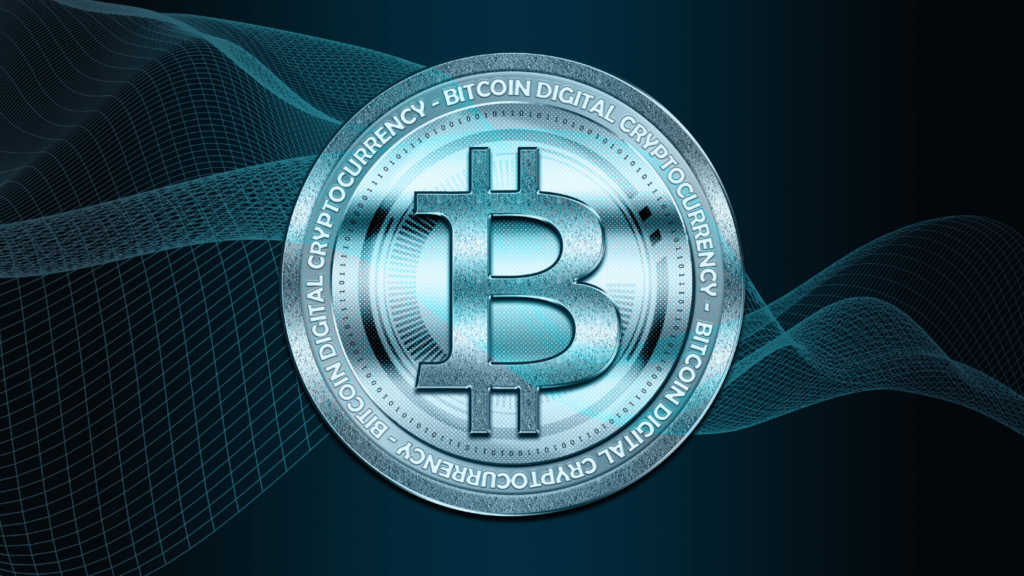Delving into the world of gambling, I’ve witnessed a transformative shift propelled by the rise of Decentralized Finance (DeFi). The fusion of DeFi and gambling has sparked a revolution in the way we perceive and engage with traditional betting platforms. As I explore the intricate interplay between DeFi and the gambling industry, it becomes evident that this synergy is reshaping the landscape of wagering, offering unparalleled transparency, security, and accessibility to users worldwide.
In this article, I’ll navigate the intricate web of decentralized finance within the realm of gambling, unraveling how smart contracts, blockchain technology, and decentralized applications are redefining the rules of the game. Join me on this journey as we uncover the disruptive potential of DeFi in revolutionizing the gambling sector, paving the way for a more inclusive and decentralized future in the world of betting.
Overview of Decentralized Finance (DeFi)
Exploring Decentralized Finance (DeFi) reveals a revolutionary landscape within the gambling sector. Impacts of its integration with gambling are profound, reshaping conventional platforms for the better. Smart contracts, blockchain, and decentralized applications are pivotal in this transformative process. Their collective influence is propelling the gambling industry towards heightened transparency, security, and global accessibility. Embracing DeFi is not just an evolution but a necessary step towards a more inclusive and decentralized future for gambling enthusiasts worldwide.
Decentralized Finance (DeFi) Applications in Gambling
Decentralized Finance (DeFi) plays a pivotal role in revolutionizing the gambling industry by introducing innovative solutions that enhance transparency and security.
Smart Contracts in Gambling
Incorporating smart contracts into gambling platforms automates payouts and ensures trustless transactions. Smart contracts execute predefined conditions, enabling secure and verifiable agreements between players and platforms. For instance, in a decentralized poker game, winnings can be automatically distributed to the rightful winner once the game’s outcome is determined, eliminating the need for intermediaries and enhancing trust among participants.
Decentralized Payment Systems for Betting
Decentralized payment systems facilitate seamless and efficient transactions in the gambling sector. By leveraging blockchain technology, decentralized payment systems enable near-instant deposits and withdrawals, minimizing delays and providing users with a convenient way to engage in betting activities. For example, users can securely deposit cryptocurrency into a decentralized sports betting platform, ensuring quick settlement of bets without the involvement of traditional financial institutions.
Advantages of DeFi in the Gambling Industry
Enhancing transparency, security, and accessibility are key advantages that Decentralized Finance (DeFi) brings to the gambling sector. By leveraging smart contracts, blockchain technology, and decentralized applications, DeFi is revolutionizing traditional gambling platforms.
Automating payouts through smart contracts ensures secure and transparent transactions, fostering trust between players and platforms. With decentralized payment systems, users experience seamless transactions, enabling quick deposits and withdrawals while engaging in betting activities.
Embracing DeFi is a significant milestone towards a more inclusive and decentralized future for global gambling enthusiasts, highlighting the immense potential of this integration.
Risks and Challenges of Implementing DeFi in Gambling
Exploring the dynamics of Decentralized Finance (DeFi) within the gambling landscape reveals potential risks and challenges that come with its integration. While DeFi offers various advantages, it’s essential to address the following key considerations to ensure a smooth implementation:
- Security Vulnerabilities: The reliance on smart contracts in DeFi applications can expose gambling platforms to security vulnerabilities if not thoroughly audited. Hackers may exploit weaknesses in the code, leading to potential financial losses for both the platform and its users.
- Regulatory Uncertainty: The regulatory framework surrounding DeFi in gambling is still evolving, presenting challenges in compliance and legal requirements. Adhering to jurisdictional regulations while operating in a decentralized environment can pose complexities for gambling platforms.
- Market Volatility: The volatile nature of cryptocurrency markets can impact the stability of DeFi protocols utilized in gambling platforms. Fluctuations in token prices may affect the value of assets held within the ecosystem, influencing payouts and user engagement.
- Smart Contract Risks: Bugs or errors in smart contract code can result in irreversible consequences for gambling platforms, leading to potential disputes and financial implications. Thorough testing and security measures are crucial to mitigate such risks.
- Liquidity Challenges: Maintaining adequate liquidity within DeFi protocols is essential for seamless operations in gambling activities. Insufficient liquidity can hinder transactions, affect user experience, and impede the overall functioning of the platform.
Navigating these risks and challenges requires a comprehensive understanding of the intricacies of DeFi integration in the gambling sector. By proactively addressing these considerations, platforms can foster resilience, security, and sustainability in their DeFi-powered gambling ecosystems.




